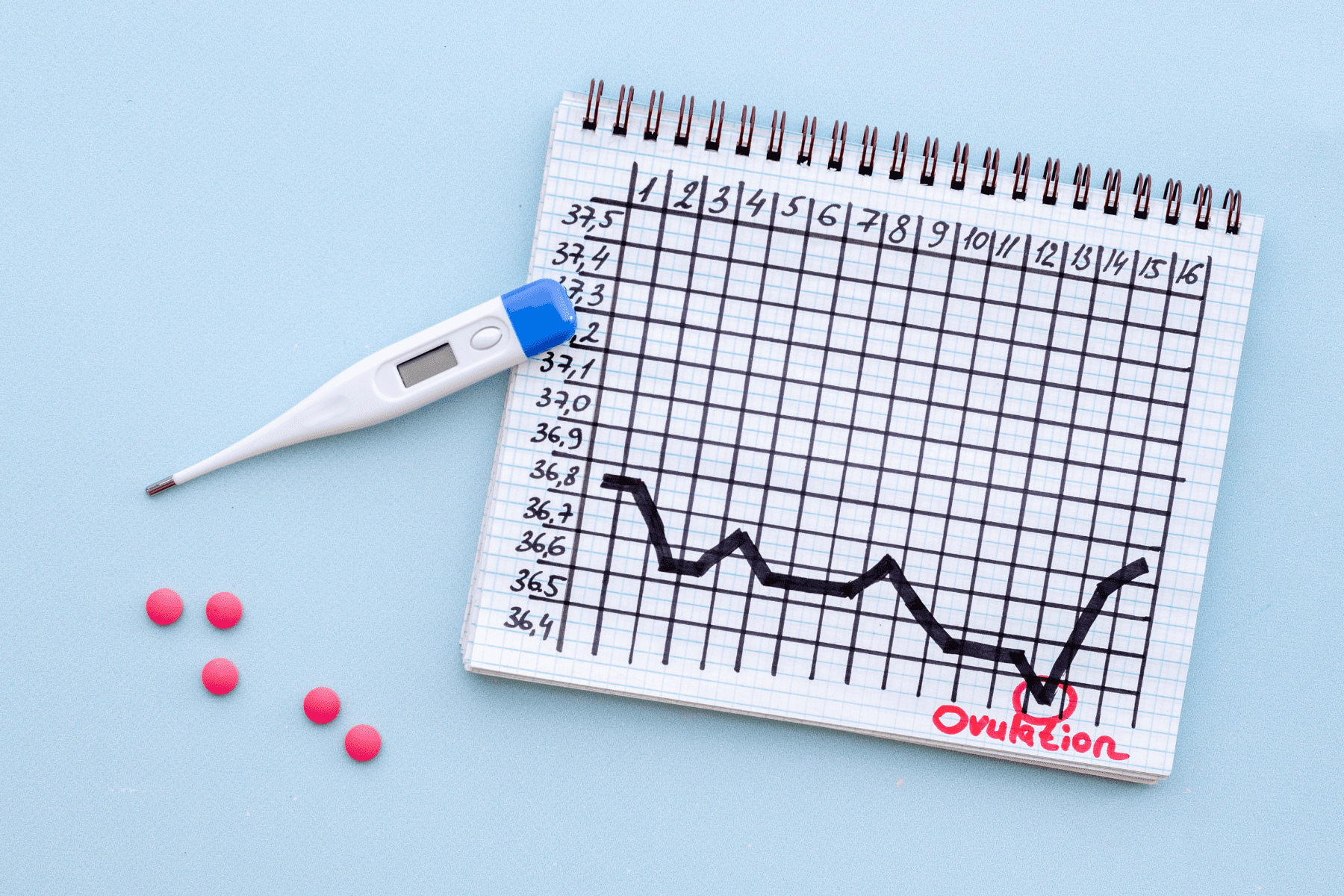There has been a great deal of publicity and marketing about the wonders of testosterone (T) therapy for men and how it can help to improve youthful vigor and vitality. Sales of T have mushroomed into a two billion dollar industry. Doctors will often prescribe it for men with low serum T levels, especially in the setting of infertility associated with an abnormal semen analysis. Unfortunately, this may only make matters worse.
Under the influence of LH, T is produced in the Leydig cells of the testis. It then circulates in the blood as free or weakly bound hormone and also, tightly bound to sex hormone binding globulin (SHBG). Only the free and weakly bound hormone is active, or bioavailable. Total T levels may be normal, but a man may still suffer from symptoms of low T if bioavailable T is low. Another pituitary hormone, FSH, is required for sperm production by the Sertoli cells in the testis.
A portion of bioavailable T is converted to estrogen by the enzyme aromatase, which then signals the pituitary gland to stop making LH and FSH (negative feedback). When T is given to a man, this interferes with this tightly controlled feedback loop between the testis and the pituitary gland and LH and FSH are suppressed.
This can effectively shut down sperm production by the Sertoli cells as FSH levels fall. Studies have demonstrated that less than one year of T treatment is usually reversible and that sperm production will often recover. Longer duration of treatment may lead to a permanent loss of sperm production by the testis which will often atrophy over time.
In men who suffer from symptoms associated with well-documented low T levels and who have completed childbearing, the use of T therapy may be warranted after proper counseling. Men who wish to maintain their fertility and at the same time improve bioavailable T levels may be better served by the off label use of clomiphene citrate. Clomiphene citrate acts to block estrogen receptors in the pituitary and hypothalamus and thereby “tricks” the brain into thinking that there are only low levels of circulating hormone. The brain responds by increasing production of LH and FSH to stimulate the testis and raise T production directly.
Because FSH release is also stimulated, sperm production continues unabated and may be increased. The use of clomiphene citrate for this indication is off-label and requires monitoring to properly titrate the dose. Another oral medication that is sometimes used by male fertility specialists in an off label use is the aromatase inhibitor, anastrozole.
This medication blocks the production of estrogen which in turn leads to increased release of LH and FSH by the pituitary gland, thereby stimulating the testis in the same way as clomiphene citrate. Finally, for some conditions, oral medications may not be effective and the off-label use of injectable gonadotropins (LH, FSH, hCG) may be used by male fertility specialists to stimulate T and sperm production.
Men who suffer from symptoms that are attributed to low T, require a full evaluation and counseling regarding their treatment options based on their desire to preserve their fertility. Improper use of T therapy may significantly impair sperm production and is contraindicated in most men who wish to preserve their fertility.
Sorry, no medical team available right now!






